Introduction to AI-Powered French Learning
French with AI
In recent years, the advent of artificial intelligence (AI) has revolutionized various fields, including language learning. For those looking to master French, AI-powered tools offer an innovative and efficient approach to language acquisition. These tools leverage advanced algorithms and machine learning to simulate real-life conversations, provide precise grammar and pronunciation corrections, and deliver tailored feedback and assessments.
The use of AI to learn French brings numerous benefits. One of the most significant advantages is convenience and accessibility. With AI-powered applications, learners can practice their French anytime and anywhere, breaking free from the constraints of traditional classroom settings. This flexibility allows for more consistent and frequent practice, which is crucial for language retention and proficiency.
Another key benefit is the personalized feedback and correction that AI tools offer. Unlike conventional methods, which often provide generic feedback, AI-driven systems analyze individual performance and offer specific suggestions for improvement. This targeted feedback helps learners address their unique weaknesses, leading to more efficient and effective learning.
Improved conversational skills and pronunciation are also notable advantages of using AI in French learning. AI tools can simulate interactive dialogues with native speakers, allowing learners to practice speaking in a realistic context. These simulations often include instant corrections and suggestions, helping users refine their pronunciation and improve their fluency.
Finally, AI enhances the overall language learning experience by making it more engaging and interactive. Gamified elements, progress tracking, and adaptive learning paths keep learners motivated and focused. The immersive nature of AI-powered tools ensures that learners remain engaged and make steady progress toward their French language goals.
In essence, AI-powered French learning tools combine the best of technology and pedagogy to provide a comprehensive and effective learning experience. By leveraging these advanced systems, learners can achieve fluency in French more rapidly and enjoyably.
Choosing the Right AI Tool for Your French Learning Needs
Selecting the appropriate AI tool to learn French is crucial for achieving language proficiency efficiently and effectively. The first step in this process is to clearly define your learning goals and style. Are you aiming to achieve fluency for professional purposes, or are you seeking to enhance your conversational skills for travel? Understanding your primary objectives will help you tailor your choice to meet specific needs, whether it involves vocabulary acquisition, grammar comprehension, or pronunciation practice.
After identifying your goals, consider your preferred learning style. Some individuals thrive on structured, lesson-based approaches, while others benefit from interactive, gamified experiences. AI tools offer a range of methodologies, from traditional language exercises to immersive, real-time conversations with virtual language partners. By aligning the tool’s approach with your personal learning style, you can maximize engagement and retention.
Next, delve into evaluating the features and effectiveness of various AI tools. Researching and comparing capabilities across different platforms is essential. Look for tools that offer comprehensive language modules, adaptive learning algorithms, and real-time feedback mechanisms. These features are instrumental in providing a personalized learning experience that adjusts to your progress and areas of improvement.
User reviews and ratings are invaluable resources for assessing the reliability and effectiveness of AI tools. Feedback from other learners can provide insights into the practical advantages and potential drawbacks of each tool. Pay attention to comments regarding the tool’s ease of use, the quality of its AI-driven interactions, and its overall impact on users’ language proficiency. A highly-rated tool with positive testimonials is likely to be a trustworthy option for your French learning journey.
Ultimately, choosing the right AI tool involves a combination of self-assessment and thorough research. By understanding your objectives, aligning the tool with your learning style, and evaluating user feedback, you can select an AI tool that will effectively support your quest to master the French language.
Top AI Tools for Learning French
In the pursuit of mastering French, leveraging advanced AI technologies can significantly streamline the learning process. Several AI-powered tools have emerged as frontrunners in aiding language acquisition, each offering unique features and benefits.
TalkPal AI stands out for its focus on conversational practice and correction. This tool utilizes AI to simulate real-life conversations, providing learners with immediate feedback and corrections. By engaging in these interactive dialogues, users can enhance their speaking skills and gain confidence in their language use. The tool’s adaptive learning algorithms ensure that feedback is tailored to the individual’s proficiency level, making it an effective resource for learners at any stage.
Mondly is another excellent AI tool for learning French, known for its interactive lessons and robust speech recognition technology. Mondly offers a variety of exercises, including vocabulary building, grammar practice, and even virtual reality experiences. The speech recognition feature allows users to practice pronunciation and receive instant feedback, which is crucial for mastering the nuances of the French language. This immersive approach helps learners to retain information better and develop their conversational skills more naturally.
ChatGPT, developed by OpenAI, is a versatile tool for AI-powered dialogues and language exercises. Utilizing this tool, learners can engage in text-based conversations with an AI that can simulate various scenarios and contexts. This dynamic interaction helps to improve linguistic comprehension and conversational flow. Additionally, ChatGPT can generate language exercises tailored to the user’s current skill level, providing a customized learning experience.
Glossika offers personalized language learning and assessment, focusing on natural language acquisition through spaced repetition and contextual learning. Glossika’s AI-driven platform adapts to the learner’s progress, ensuring that the material is neither too easy nor too difficult. This method helps to reinforce language patterns and improve retention, making it a highly effective tool for long-term language mastery.
TextCortex provides AI-driven language correction and feedback, making it an invaluable resource for refining written French. By analyzing text for grammatical errors, stylistic issues, and overall coherence, TextCortex enables learners to improve their writing skills. The tool’s detailed feedback helps users understand their mistakes and learn how to correct them, promoting continuous improvement in written communication.
Each of these AI tools offers distinct advantages, catering to different aspects of language learning. By integrating these technologies into their study routines, learners can achieve a more comprehensive and efficient mastery of the French language.
Using AI Tools Effectively
Harnessing AI to learn French can significantly enhance your language acquisition process. To build a richer French lexicon, start by using AI tools that introduce new vocabulary and phrases in context. Apps like Duolingo or Babbel utilize AI algorithms to present words and expressions based on your proficiency level, ensuring that you are always learning something new and relevant. Consistent engagement with these tools can help you gradually expand your vocabulary.
Practicing conversational skills is equally crucial. AI-powered platforms such as Rosetta Stone and Mondly offer interactive dialogues that simulate real-life conversations. These tools adapt to your responses, providing instant feedback and adjustments to improve your fluency. Engaging in these dialogues regularly can boost your confidence and conversational competence in French.
Improving pronunciation is another area where AI shines. Speech recognition technologies embedded in language learning apps analyze your spoken French and provide detailed feedback. Tools like Speechling and Pimsleur can help you perfect your accent by highlighting pronunciation errors and offering corrective exercises. This iterative approach helps in refining your spoken French to sound more native-like.
Accurately assessing your French proficiency is essential for tracking progress. AI tools like Lingvist and Busuu offer personalized assessments that pinpoint your strengths and weaknesses. These assessments can guide you in tailoring your learning plan to focus on areas that need improvement, thereby optimizing your study time.
Integrating AI with other learning methods can make your language learning journey more comprehensive. Combining AI tools with traditional methods, such as textbooks and classroom instruction, or participating in language exchange programs, can provide a well-rounded approach. This hybrid model leverages the strengths of AI—such as personalized feedback and adaptive learning—with the benefits of human interaction and structured learning.
Creating a personalized language learning plan is essential for maximizing the benefits of AI tools. Identify your weaknesses and set specific, measurable goals. Regularly review and adjust your plan based on your progress assessments. By doing so, you can ensure that your language learning efforts are both efficient and effective, ultimately leading to mastery in French.
The Future of French Language Learning with AI
As artificial intelligence continues to evolve, its applications in language learning are becoming increasingly sophisticated. Emerging trends in AI technology and natural language processing (NLP) are poised to revolutionize how individuals learn French. These advances enable AI-powered platforms to offer highly personalized learning experiences, adapting to the unique needs and progress of each learner.
One of the most significant innovations in AI for language learning is the development of intelligent tutoring systems. These systems are capable of providing immediate feedback, identifying specific areas where a learner may be struggling, and tailoring exercises to address those weaknesses. By leveraging AI to learn French, students can practice pronunciation, grammar, and vocabulary in a manner that is both engaging and effective.
Another notable trend is the integration of AI in creating immersive learning environments. Virtual reality (VR) and augmented reality (AR) technologies, powered by AI, can simulate real-life conversations and scenarios, offering learners a practical and interactive way to practice their French skills. These immersive experiences not only enhance understanding and retention but also help learners build confidence in using the language in everyday situations.
AI’s ability to analyze vast amounts of data quickly and accurately is also transforming language assessment. Traditional language assessments can be time-consuming and stressful for learners. However, AI-powered assessment tools can provide continuous, real-time evaluations of a learner’s progress, making the process more efficient and less daunting. This ensures that learners receive timely feedback and can adjust their study strategies accordingly.
In conclusion, the incorporation of AI into French language learning holds immense potential. The benefits of AI-powered learning tools include personalized instruction, immediate feedback, and immersive practice environments, all of which contribute to more efficient and effective language acquisition. As AI technology continues to advance, its role in language education will undoubtedly expand, offering learners new and innovative ways to master French. However, it is important to remember that while AI can significantly enhance the learning process, dedication and consistent practice remain key to achieving fluency.
Conclusion
The integration of AI in language learning has undoubtedly revolutionized the way we approach mastering French. AI-powered tools provide a convenient and efficient route for learners at all levels, offering personalized learning experiences that adapt to individual needs. From interactive chatbots to advanced speech recognition systems, these innovations make learning French more accessible and engaging.
As we’ve explored, tools like Duolingo, Rosetta Stone, and Babbel, among others, each bring unique features that can significantly aid in learning French. The use of AI ensures that learners receive immediate feedback, targeted practice, and a variety of learning materials that keep the process dynamic and enjoyable. Whether you’re a beginner or looking to refine your fluency, there’s an AI tool tailored to your specific requirements.
However, the effectiveness of these tools hinges on the learner’s commitment and consistency. AI can facilitate the learning process, but it cannot replace the dedication and effort required to truly master a language. Regular practice, immersion, and engagement with native speakers are still crucial components of language acquisition.
Looking ahead, the potential for AI to further enhance language education is immense. Future advancements could offer even more sophisticated learning environments, bridging the gap between virtual instruction and real-world application. As AI continues to evolve, so too will our methods of learning and mastering new languages.
In conclusion, AI to learn French represents a significant advancement in educational technology. By choosing the right tool and using it effectively, learners can make substantial progress in their language journey. Embrace these AI-powered resources, stay committed, and watch your proficiency in French flourish.






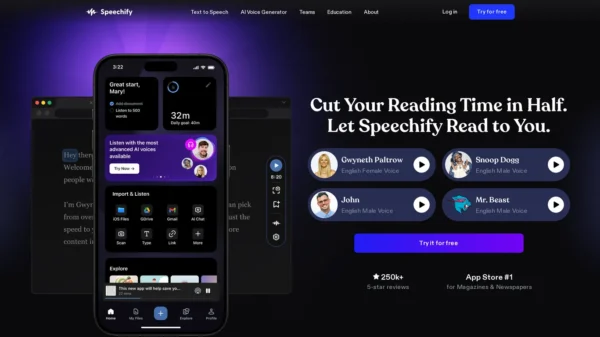






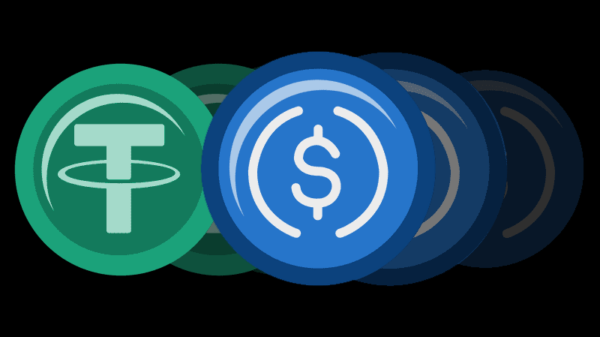
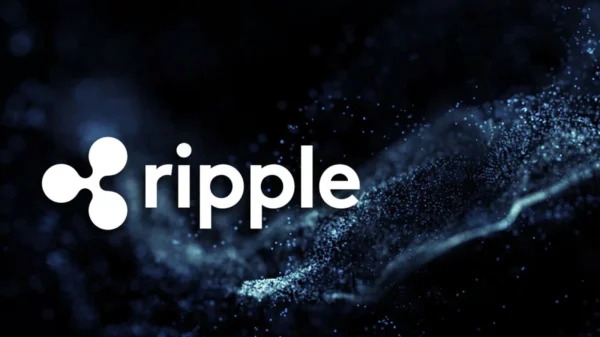
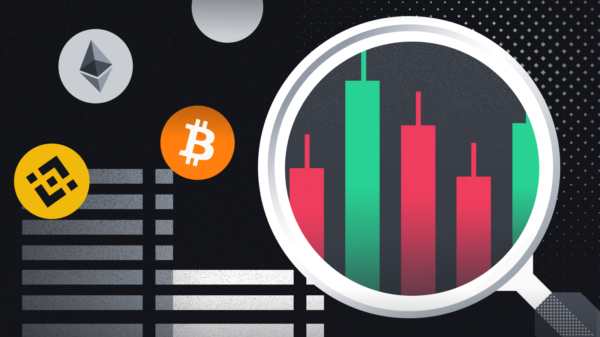






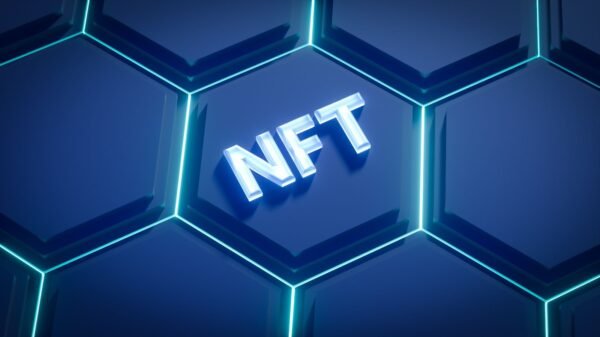

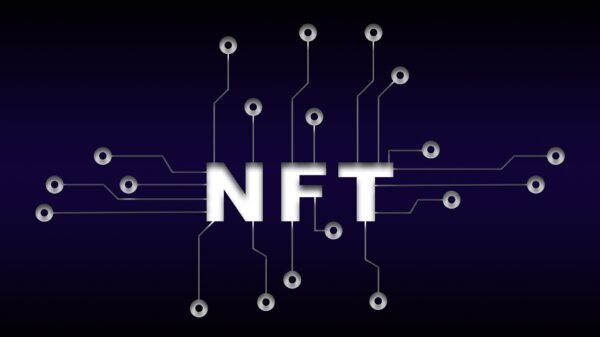








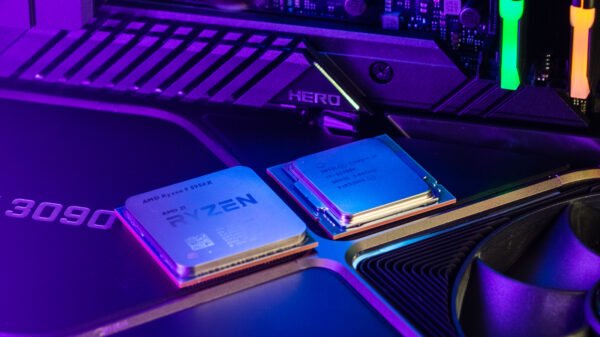
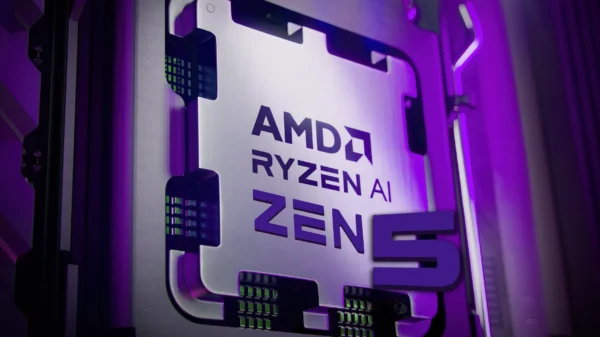

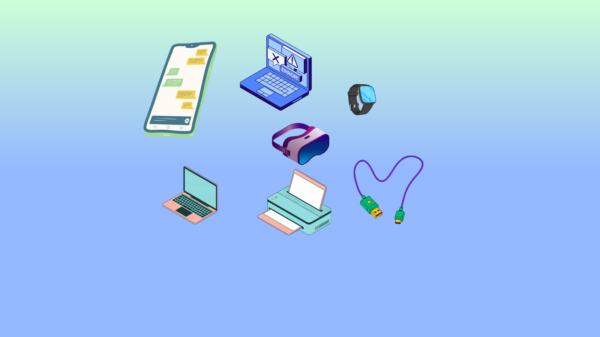






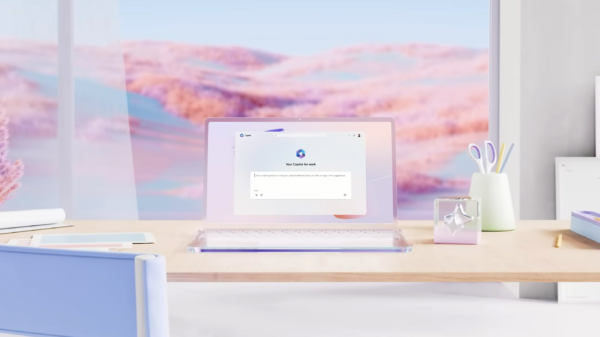


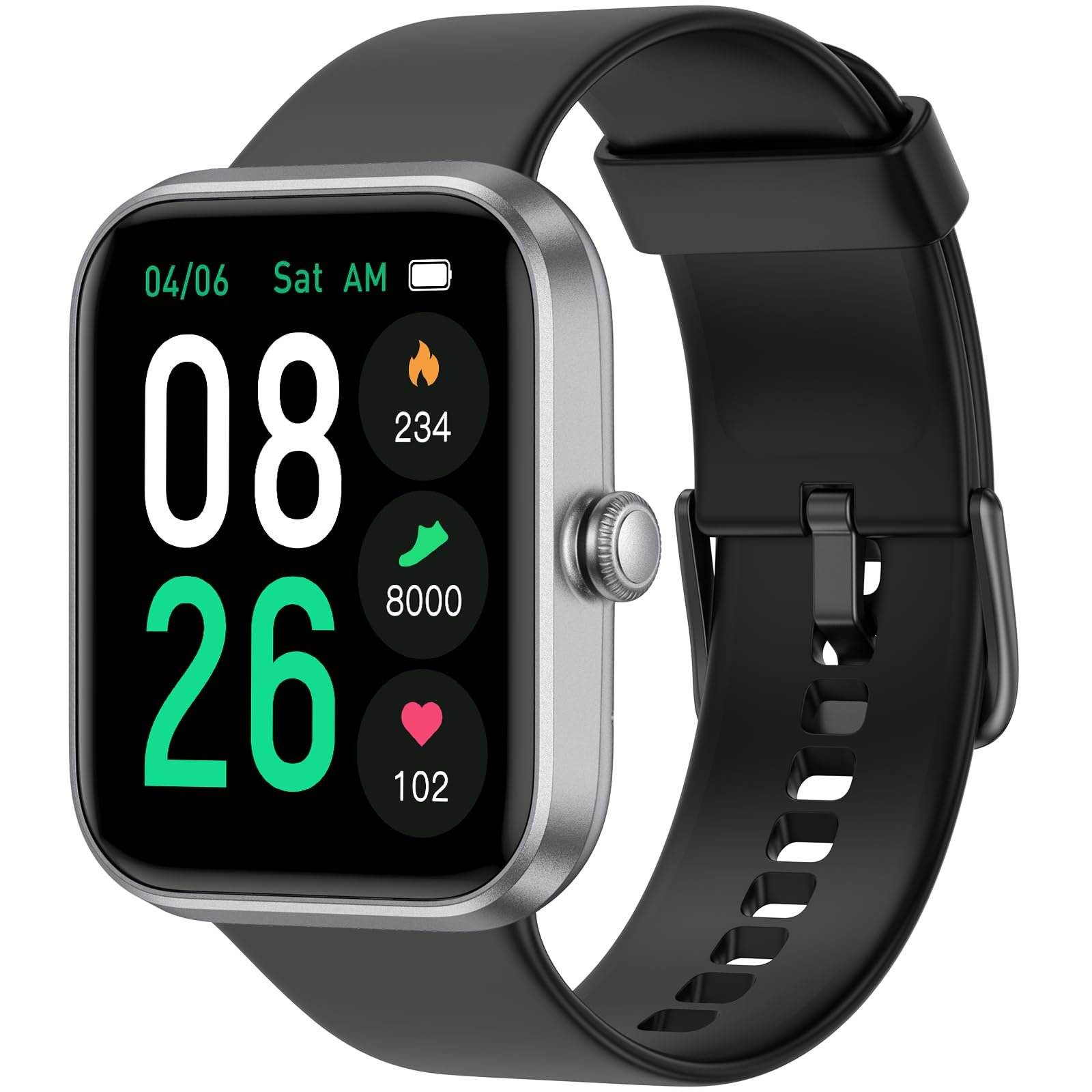



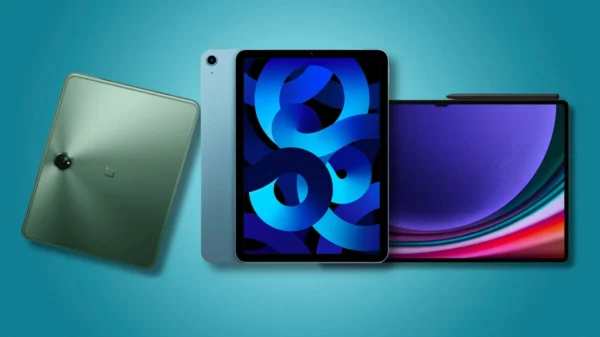













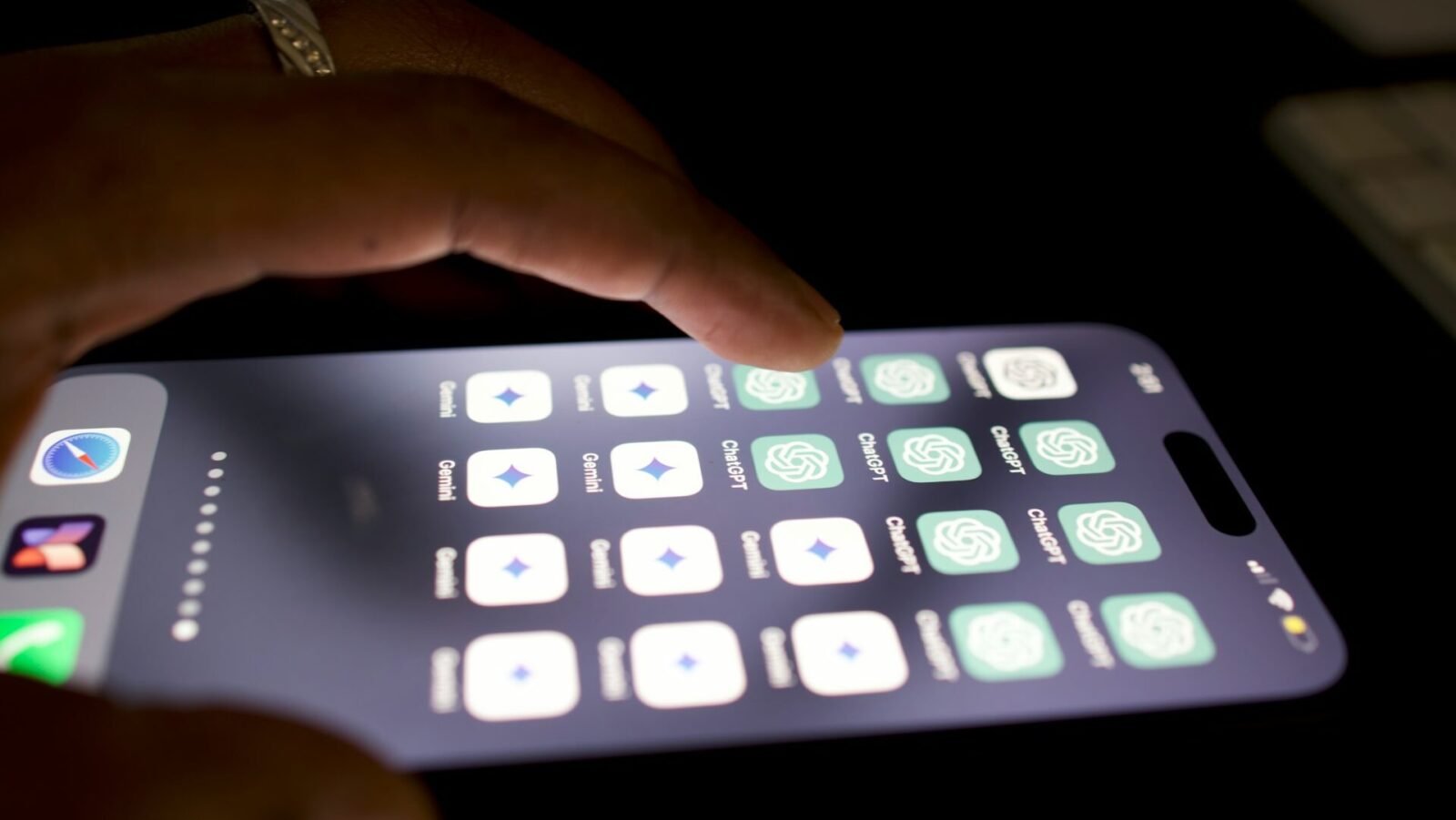
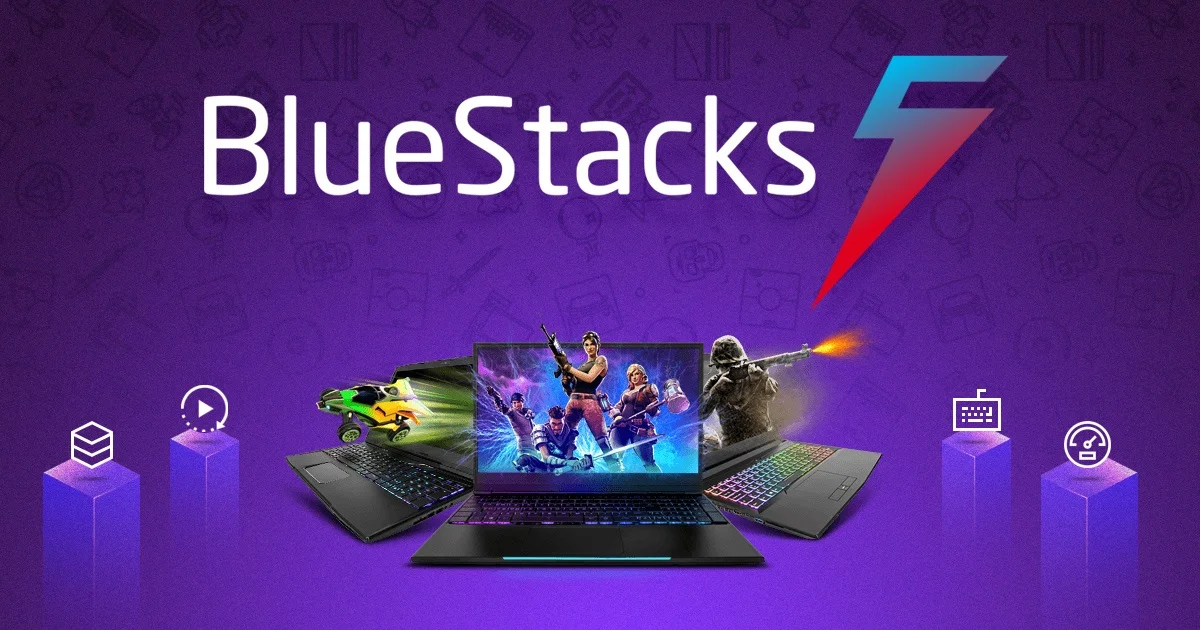





Pingback: How to Master the Messenger Meta AI: A Guide to Getting Started